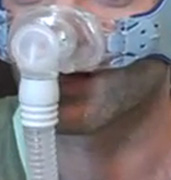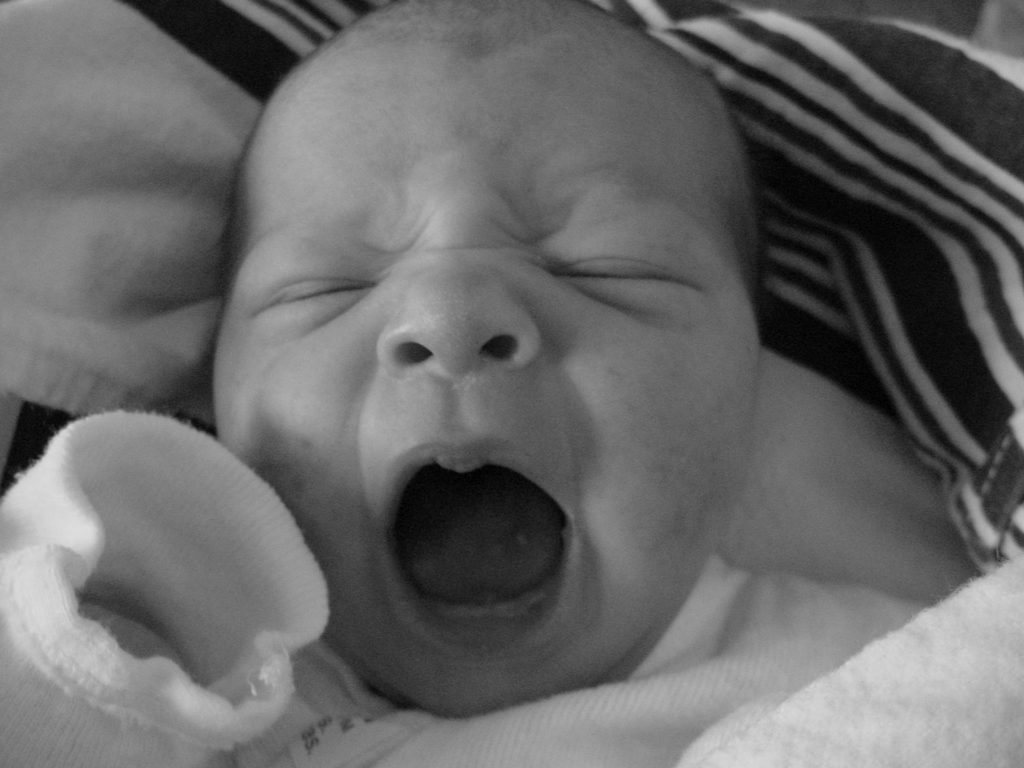
TUESDAY, March 12 (HealthDay News) — Treatment at primary care centers is as effective as at specialist sleep centers in reducing daytime sleepiness caused by obstructive sleep apnea, a new study from Australia finds.
People with obstructive sleep apnea experience repeated breathing interruptions while they sleep, resulting in poor sleep and daytime drowsiness. Left untreated, sleep apnea may lead to serious health problems, such as high blood pressure, stroke, heart failure, diabetes and depression.
Increasing rates of obstructive sleep apnea have led to long wait lists at specialist sleep centers. In order to improve that situation, the researchers suggested it might be a good idea for appropriately trained primary care doctors and nurses to become more involved in the diagnosis and management of obstructive sleep apnea.
In their study, they compared outcomes among 81 patients treated at primary care practices and 74 patients treated at a university hospital sleep medicine center in Adelaide, South Australia. At six months follow-up, both groups of patients showed significant improvements in daytime sleepiness.
The study appears in the March 13 issue of the Journal of the American Medical Association.
Treatment was about 40 percent cheaper at the primary care centers than at the sleep medicine center. The average per-patient cost was $1,819 (U.S. dollars) in the primary care group and $3,068 in the specialist care group, according to a journal news release.
Sleep study costs, sleep physician consultations and travel expenses appeared to be the main reasons for the higher total price for patients in the specialist group, noted study author Ching Li Chai-Coetzer, of the Adelaide Institute for Sleep Health at the Repatriation General Hospital, and colleagues.
The authors said the fact that primary care centers can provide effective treatment for obstructive sleep apnea could be particularly beneficial for patients in rural areas and those in developing nations, where they may not have access to sleep specialists.
More information
The U.S. National Heart, Lung, and Blood Institute has more about sleep apnea.

